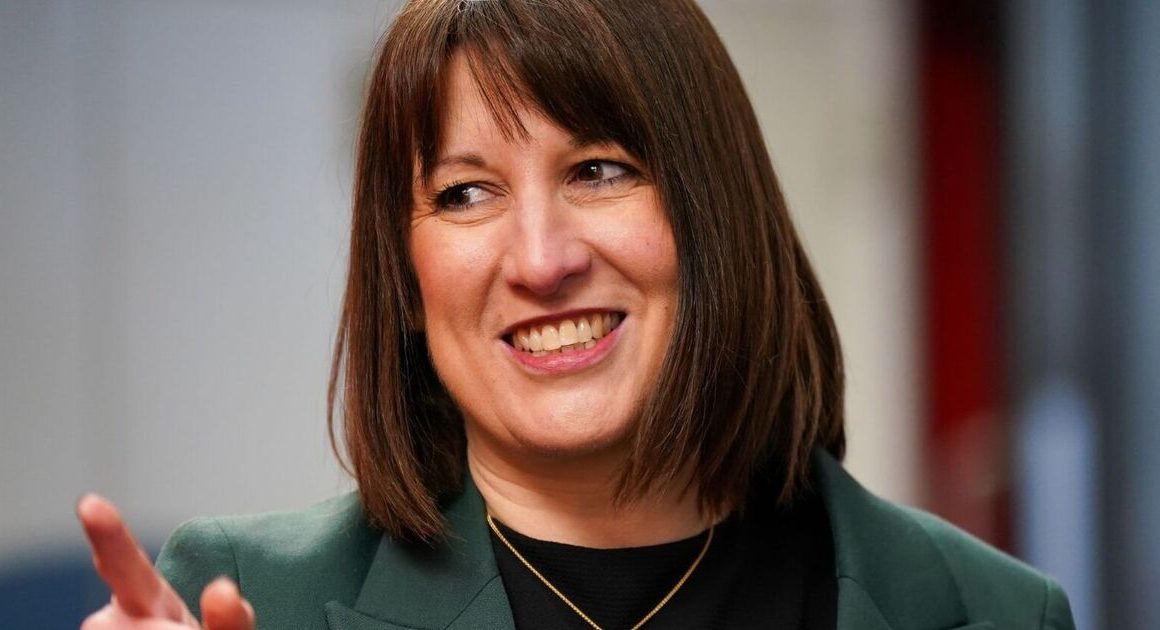In the heart of Khan Younis, surrounded by the relative quiet of the Gaza Strip under a ceasefire, Shireen Talaba removes cinder blocks from around a grave. She stands back as men start to dig, her anxiety palpable. Eventually, she takes a shovel and begins to dig herself.
Over the course of the fifteen month Israel-Hamas war, the 37 year old buried her brother, Khaled, and her two cousins, Khalil and Ibrahim, in this temporary plot of land amidst the rubble of the city.
After the war began on Oct. 7, 2023, Shireen and her brother were displaced from their home in Gaza City and ended up in Khan Younis. She says Khaled insisted that if he was killed during the war, he wanted to be buried near their deceased mother in Gaza City. She vowed that when the war ended, she would take the three men and bury them near their home.
“We came [south] eight people, but sadly we will return as five,” she told CBC freelance videographer Mohamed El Saife. “They were the most precious things in my life. My brother and both my cousins.”
Top aides to U.S. President Donald Trump are defending his Gaza takeover plan as critics — including world leaders, UN officials and Palestinians themselves — are condemning the idea.
According to the Gaza Health Ministry, more than 47,000 Palestinians have been killed during the war in the Gaza Strip. But, in a January study published in medical journal The Lancet, researchers found that for the period between Oct 7, 2023, to June 30, 2024, the number of dead in Gaza was estimated to be 41 per cent higher than what the ministry was reporting.
Shireen is not alone in her efforts to move the bodies of her loved ones. As the ceasefire continues, many families are taking the opportunity to retrieve bodies buried in haste during the war and give them proper burials in preferred locations.
Bringing them home
Khaled was shot by a quadcopter in Khan Younis in June 2024, Shireen says, and was rushed to the European hospital in central Gaza. A Russian delegation of doctors performed surgery on his leg, but he died of his injuries a few days later on June 26.
Ibrahim was with friends in Khan Younis when the house they were in was bombed in July 2024, and Khalil was killed in mid October near the Kerem Shalom border crossing near Rafah in south Gaza where he was looking for a job, Shireen says. Both died instantly.
All three were buried in the field in Khan Younis that was donated for use as a temporary burial ground.
As she prepared to leave her tent in Khan Younis, Shireen says she stayed in the area until now, waiting for the war to end so her people could go home to Gaza City.
“We wanted to bring them home with us,” she said. “Even if they’re martyred and dead, they can be close to us if we want to visit.”

She helps place the bodies, now in new, white body bags, on the flatbed of the cart that will carry Khaled, Khalil and Ibrahim to their final resting place. She covers them with a brown blanket as the driver heads to Gaza City, which is about 25 kilometres north.
Shireen says many told her that digging up the bodies didn’t make sense because they had been dead for so long. But she was determined to fulfil Khaled’s request and keep the boys close to their families.
A final goodbye
As the caravan arrives in Gaza City, a woman emerges from a building. She’s here to say goodbye to her sons.
Mona Talaba hadn’t seen Khalil or Ibrahim in over a year — they went south during the war, but she stayed behind in Gaza City to wait it out in her home city.
The 58-year-old matriarch lays a hand on the bodies as Shireen points out who is who. The mourning mother pats each body bag with her hand and says a prayer for the boys through tears.

Other family members gather, and they make their way to the Sheikh Radwan cemetery in Gaza City.
“We were on a mission that we waited almost the entire war to do,” Shireen said of their plans to bring the bodies home. “I’m happy because I wanted them to be comfortable.”
Amid rubble and destroyed buildings, Shireen helps to carry three body bags to the grave. This is where their mother was buried and where the three men will be buried as well. They’re laid to rest side by side as Shireen and her family look on in tears.
After a moment, Shireen jumps in to help, adding water to the sand to make a paste that will close up the grave and shoveling some sand herself.

When the job is done, she reflects on how things have turned out for her family and says she had hoped they would return to Gaza City the way they left — together.
“But fate wouldn’t have us return the same way,” she said. “I felt at peace when I moved them to Gaza.”









